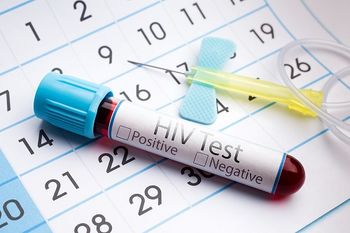
The Centers for Disease Control and Prevention is reporting that annual HIV infections declined from 2008 to 2014, but this decrease was not seen across all groups.

The Centers for Disease Control and Prevention is reporting that annual HIV infections declined from 2008 to 2014, but this decrease was not seen across all groups.

Research presented at the recent Conference on Retroviruses and Opportunistic Infections shows that more individuals are aware of their HIV and hepatitis C (HCV) status, but more work is still needed.

Results from Zika virus testing conducted by the District of Columbia Department of Forensic Sciences Public Health Laboratory between July 14, 2016 and December 14, 2016 raised red flags when all results came back negative.
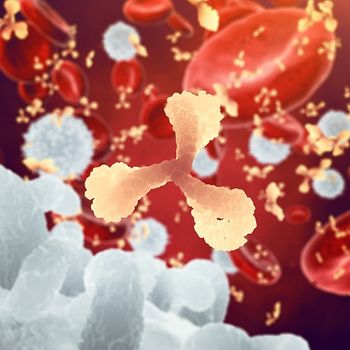
National Institutes of Health (NIH) scientists provide an explanation for how an anti-alpha-4 beta-7 antibody treatment resulted in sustained remission of SIV in a monkey experiment.

A team of researchers has developed single-domain antibodies that remain stable and stop respiratory syncytial virus (RSV) from entering the lungs.

The European Union Horizon Prize was awarded to MINICARE HNL last week for a “finger prick test” that allows for rapid detection and diagnosis of bacterial infections in under ten minutes.

Researchers presented their findings on pre-seroconversion window in patients with acute HCV infection at the Conference on Retrovirus and Opportunistic Infections in Seattle, Washington.

A recent outbreak of leptospirosis in the Bronx section of New York City has local officials on alert.

Purdue researchers use ANSYS simulation technology to map how the flu spreads on airplanes and use this information to make recommendations to the FAA on how to create a safer experience for airline passengers.

Researchers have found that the Zika virus uses receptor tyrosine kinase AXL to slip past major barrier cell types in the placenta.

Recent studies suggest that post-operative prophylactic antibiotics following a C-section delivery may assist in the prevention of surgical site infections.

Researchers found that HCV infection may be linked to more cancers besides hepatocellular carcinoma, as well as certain types of non-Hodgkin lymphoma.
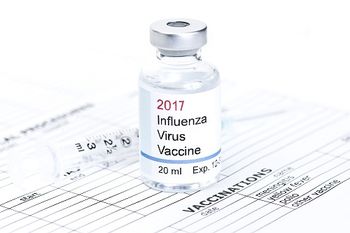
As the flu continues to spread across the country, resulting in additional hospitalizations and deaths, a new study reveals why receiving an annual flu shot might actually lead to lower vaccine effectiveness.

Researchers from Emory Vaccine Center study human dendritic cells infected with contemporary and historical strains of the Zika virus.

The Duke Human Vaccine Institute may have discovered an HIV-destroying antibody that is capable of neutralizing up to 99% of the virus, which would make it the most powerful one yet found.

This Valentine’s Day, be sure to remember these food safety tips to protect you and your loved one from any pesky food-borne illnesses.

In a recent CHeCS study, investigators sought to identify the prevalence of cirrhosis, decompensated cirrhosis, and death, among 11,169 adults with HCV in the United States between 2006 and 2014.

Certain antibiotics can invade drug-resistant bacteria by using brute force at the surface level.

In a new study, researchers found that patients with severe Clostridium difficile (C. diff) infections who were treated with vancomycin had lower mortality rates than patients who were treated with metronidazole.
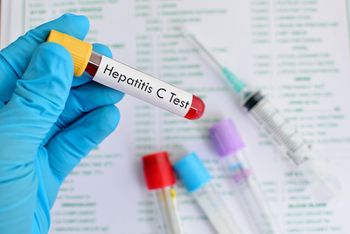
A retrospective study found hepatitis C reinfection rates high are in HIV-positive men who have sex with men from four western European countries.

Researchers from the University of Georgia College of Veterinary Medicine are channeling their efforts into developing a flu vaccine that will last multiple years and protect against a number of viral subtypes.
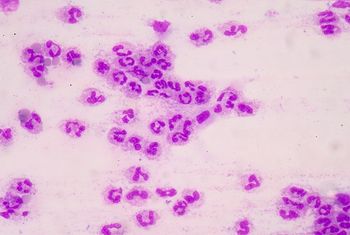
NIH scientists have, for the first time, linked a Staphylococcus epidermidis toxin, called PSM-mec, with sepsis.

Growing issues and a controversial administration are bringing bioethics to the forefront of science and public health.

Researchers are expressing concern that funding for research climate-monitoring programs may not come through and that this would negatively impact the study of some infectious diseases.

The Los Angeles County Department of Public Health has recently reported that, last year, a local resident was found to have an antibiotic-resistant strain of Escherichia coli with the colistin resistance gene, MCR-1.

A new app developed by MIT Connection Science and sponsored by GlaxoSmithKline uses crowdsourced data to track the flu in real time.
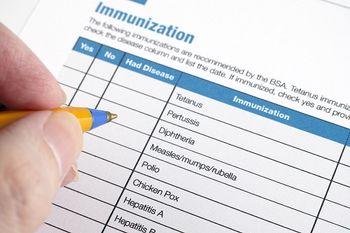
Here are the changes that have been made to the 2017 immunization schedules, as reported in the CDC’s most recent MMWR.

A recent study from US researchers suggests that liver disease severity and treatment costs for people with hepatitis C (HCV) vary depending on a patient’s genotype.

Regulus Therapeutic’s hepatitis C drug, RG-101, has been on clinical hold since mid-2016; FDA calls for additional data before hold is lifted.

As cardiovascular disease is becoming one of the most significant comorbidities of people with HIV, the National Institutes of Health continues to enroll people in its landmark study, Randomized Trial to Prevent Vascular Events in HIV (REPRIEVE).